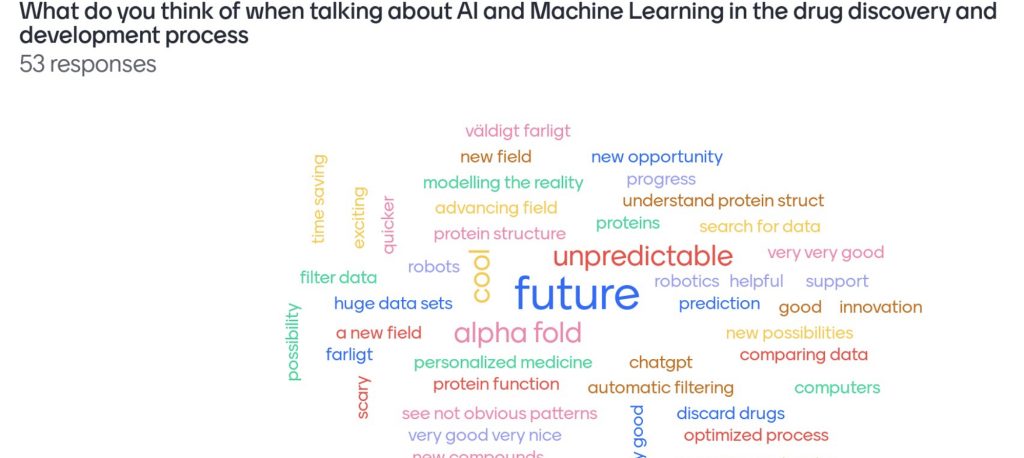IT Leadership plays a crucial role in shaping the future of technology and business. As the digital landscape continues to evolve, IT leaders must adapt and innovate to stay ahead. The ecosystem of IT leadership is dynamic, involving collaboration across various departments and external partners to drive greater business value.
One key aspect of this evolution is the development of digital platforms that facilitate effective ecosystem collaboration. These platforms enable seamless service delivery, execution of cross-organizational projects, and the generation of start-ups. By leveraging digital technologies, IT leaders can catalyze innovation and drive exploration of new science and technology horizons12.
To attract the partners of the future, IT leaders must focus on building pathways to external services and capabilities that are not yet available internally. This involves defining ecosystem investments that go beyond traditional business development and include opportunities in digital health, commercialization, and more34.
In summary, IT leadership is about fostering an environment of collaboration and innovation, ensuring that the organization is well-equipped to meet future challenges and seize new opportunities. By doing so, IT leaders can attract and retain valuable partners, driving the organization towards sustained success.







